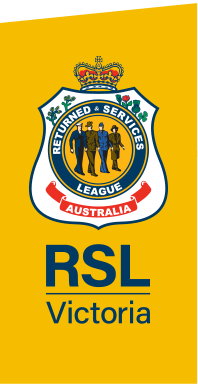
Only 1.5% of Poker Machine Revenue at Victorian RSLs Goes to Veteran Welfare
A recent study has revealed that only 1.5% of the money lost by gamblers on poker machines at Victorian RSLs has been directed towards veteran welfare over the past decade. The research, published in the Australian and New Zealand Journal of Public Health, analysed financial records from 2009 to 2019 submitted to the Victorian Gambling and Casino Control Commission.
Over the ten-year period, Victorian RSL clubs with poker machine licenses generated $2.097 billion in gambling revenue. However, for every $100 lost on poker machines, just $1.50 was allocated to support veterans. Among nearly 300 RSLs in Victoria, slightly more than 50 hold licenses for poker machines, illustrating a gap between gambling revenue and its intended use for veteran support.
Under existing regulations, RSLs must allocate 8.3% of their gambling revenue annually to “community contributions” to qualify for tax concessions. The study found that clubs frequently classify operating expenses like wages and maintenance as community contributions. Consequently, less than 10% of these contributions were directly spent on veteran welfare.
The study highlighted significant inefficiencies in the system, noting that Victorian RSLs with poker machines spent, on average, 12 times more on operational costs than on contributions to veterans. The findings raised ethical concerns about the reliance on gambling revenue to fund veteran welfare, especially given the high rates of problem gambling among veterans.
RSL Victoria representatives argued that veteran welfare support extends beyond gaming revenue and encompasses various activities conducted at sub-branches. They acknowledged funding gaps and emphasised the role of food, beverage, and entertainment operations in bridging these gaps. However, the reliance on gambling revenue continues to draw criticism.
The study underscores broader concerns about the relationship between gambling and organisations supporting vulnerable populations. These findings challenge the appropriateness of using gambling as a revenue source and call for a reevaluation of how veteran support is funded.




Let me first say, that I am not a Member of any R.S.L. branch, since I had a good chat with an inmate on reception one cold Monday evening. The things he told me and the committee on reception that evening were mind-blowing, and not at all indicative of an organization that was set up to support Veterans of Wars.
As far as anything goes the sooner the R.S.L. is wound up and given over to the Civilian Membership completely the better. The Biggest contribution that most R.S.Ls make to Veterans happens on ANZAC Day. The Gun Fire Breakfast. and that is it.